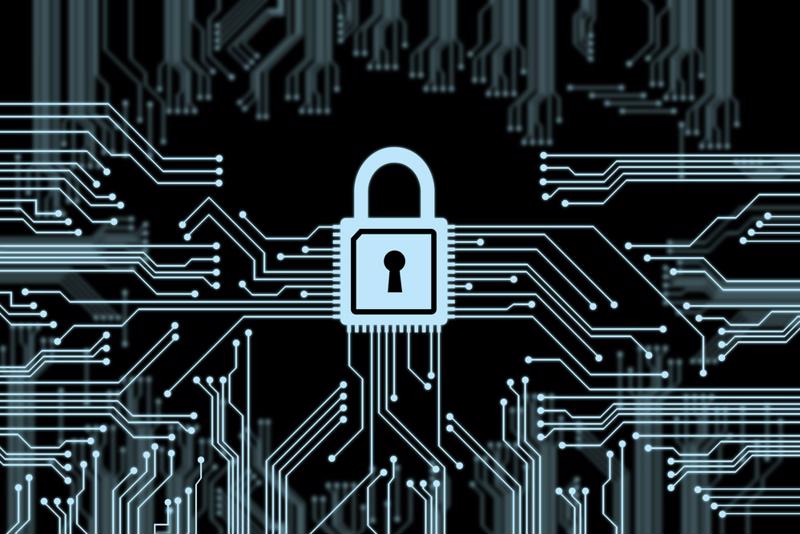Small businesses with limited resources cannot use such lack of funding as an excuse to neglect disaster recovery. Disruptions can occur on a daily basis, whether from cyberattacks, power outages, human error or Mother Nature-related incidents. Companies that experience any of these events must have the capability to restore operations as efficiently as possible. Otherwise, the brand's reputation is at stake if clients and customers cannot get through to communicate with the organization.
Network World recently highlighted some of the disaster recovery solutions that can fit within the small business sector. One option is managed services. The news source noted companies are realizing they cannot maintain their own DR systems on their own, thus making third-party vendors tasked with such management processes viable options. These offerings include data replication and automated functionality.
Regardless of what disaster recovery option companies choose, they should make sure they focus on recovery point objectives to prepare their data and applications for specific scenarios. The report explained RPOs and recovery time objectives both have to be defined by the company's systems and the location of these assets to restore operations.
Out with the old
Small businesses that have long backed up mission-critical resources on tapes have likely realized that these devices are from a different era. The news provider cited electronic vaulting as another way for companies to improve their disaster recovery. These solutions are more cost-effective and flexible compared to tapes, allowing users to take advantage of software replication capabilities to deliver continuous protection.
"Small businesses have plenty of options when it comes to disaster recovery solutions."
Cloud computing is another more modern disaster recovery system, delivering capabilities legacy equipment simply cannot match. Small businesses that seek affordable and scalable technologies may not have a better option than the cloud. Network World explained adopters no longer have to purchase on-site DR applications, instead signing up for long-term storage for their assets or paying for the services they consume.
Some organizations may not want to fully transition all assets to the cloud. The news provider asserted that small and medium-sized businesses can at least leverage recovery for data storage purposes to recover resources during a disaster.

Never overlook security
Small businesses that want comprehensive disaster recovery protocols should also look at improving their security. Distributed Denial-of-Service attacks are common plights companies face. TechTarget explained traditional safeguards – firewalls, load balancers, routers and networks – are not always successful against DDoS threats. The news source cited a 2014 SANS survey that found nearly two-thirds of firms did not have any funding for IT partners or DDoS defenses.
Organizations should consider partnering with disaster specialists to shore up any vulnerabilities with their current recovery capabilities. These service providers are valuable resources for identifying issues that must be addressed, whether these challenges involve the backup devices in use, employee education regarding corporate policies, security defenses or whether to implement cloud environments.
Small businesses may lack the experience or budget of large enterprises with exhaustible resources, but they can still receive the right protection from trusted partners to avoid prolonged periods of downtime.
